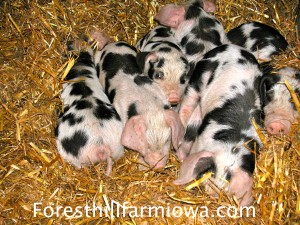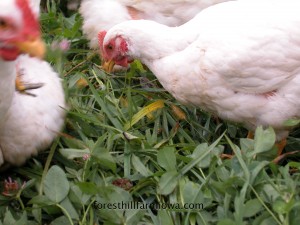Adam and Eve never had a date...they had an apple.
He's Still the one

It all started twenty-five years ago with tickets to a Jimmy Buffett concert. The line of cars waiting to pull into the parking lot was long. It was July 3rd, 1987. Traffic on the Kennedy expressway was bumper to bumper. For over thirty minutes we sat waiting for traffic to move ahead. At this rate the concert would be over before we'd get in. Instead of waiting we changed plans and flew to Las Vegas.
Nevada was great. Hoover Dam, Lake Mead, and the fourth of July celebration that ignited the dessert (which was still burning two days later when we flew home) made this the best first date in history. Deciding the adventure should continue we got married five weeks later. Today we're celebrating 25 years together. It sounds like such a long time - a quarter of a century, but years have gone by amazingly fast. We've had a few fights over the years, nothing serious. However, there has been one ongoing battle that's insignificant in the big scheme of life. It's an issue that's never been resolved: I clean the kitchen while Keith's still using it. While Keith's organizing his ingredients I'll follow behind him putting them away before he's had a chance to use them. I've been known to wash pans and put them away before they've even been used.
The biggest debate has been spoons. Whenever Keith uses a spoon, or any kitchen utensil for that matter, he leaves it on the counter top. When I see them I put them away. This is usually followed by a brief argument. Keith will ask, "Did you take my spoon?"
Looking at the ceiling and shrugging my shoulders, which is my usual response, I'll ask, "What spoon?"
"The one I was just using and put down less than a second ago. Stop cleaning up after me, I'll put everything away when I'm done."
After all this time together I know he won't put it away when he's done. He's to accustomed to having me clean up after him, or before him in this case. I'm efficient. Keith thinks I am annoying. The war rages on.
This weekend we're putting our twenty-five years to the test. We'll be making cheese together. I like to cook and Keith loves cheese. Our three Jersey cows and Lulu, the Holstein are part of the celebration. They'll be bringing milk to the party, plenty of milk. In the past we've made goat cheese and ricotta cheese but for this project we Purchased kits which include supplies and recipes to make cheddar, mozzarella, farmers cheese, and ricotta. I'm going to line up several spoons for Keith to use. When one is cleaned up another will be ready. No more arguments, at least not about spoons.
During our twenty-five years together we've
gardened, flown, bought a small farm, planted trees, raised livestock,
bought our first bull, bought a bigger farm, traveled, lost our hair (Keith), lost our hair color (Glenda), enjoyed our dogs, raised a couple unique pets, and have had two great kids (ages
nineteen and
fifteen). We can't wait to see what the next twenty-five years will hold.


 Your Right to Know
Your Right to Know
